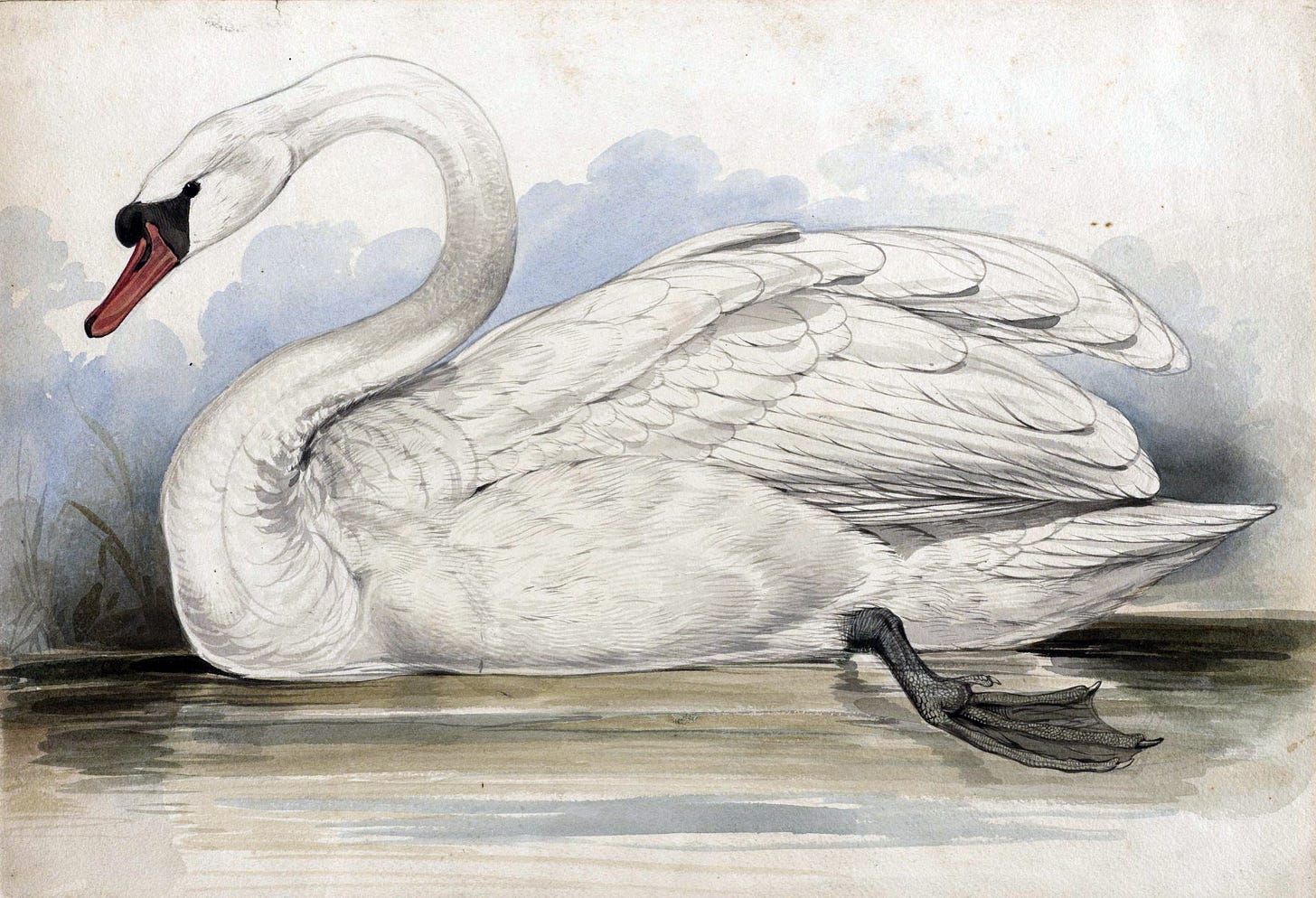
If hendecasyllabics are hard to write in English verse, it’s not because the meter itself is difficult. All poets need to do is to get an eleven-syllable rhythm bouncing along…
Keep reading with a 7-day free trial
Subscribe to Poems Ancient and Modern to keep reading this post and get 7 days of free access to the full post archives.



